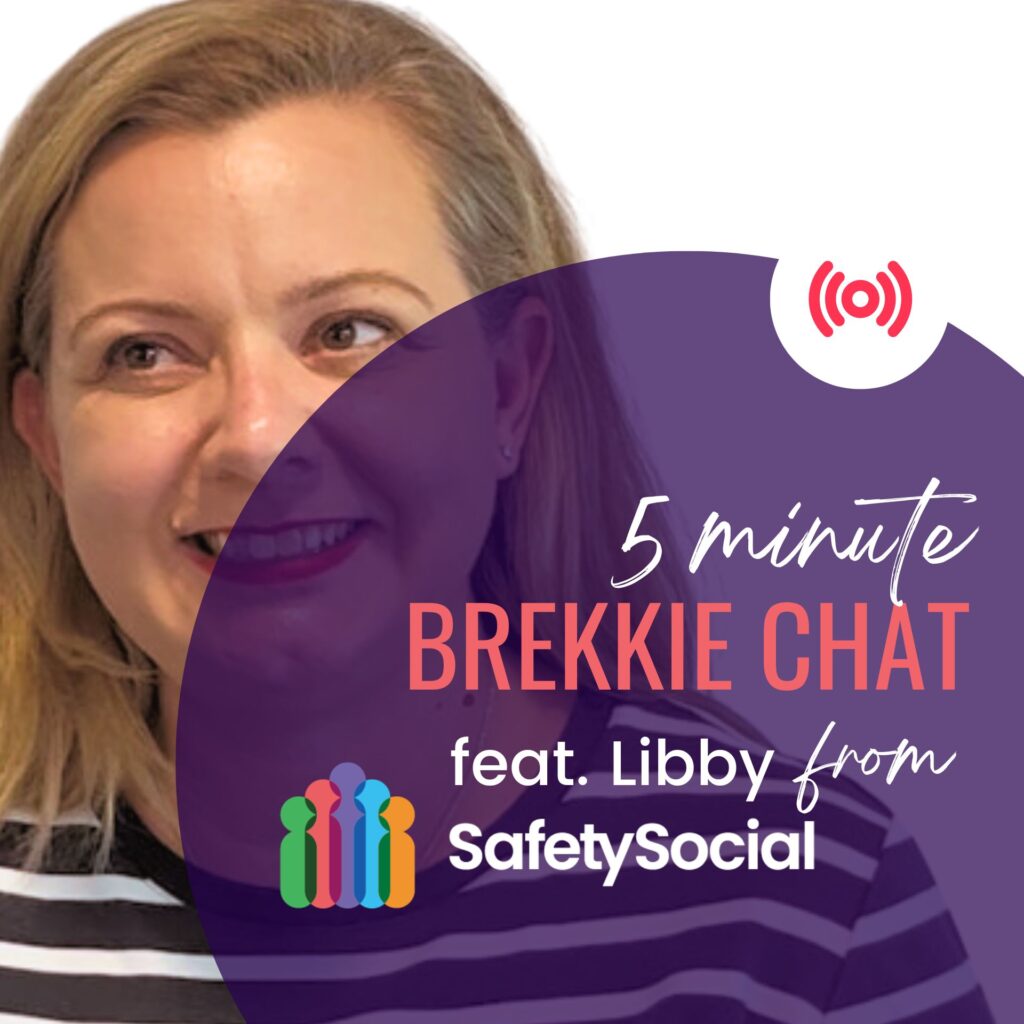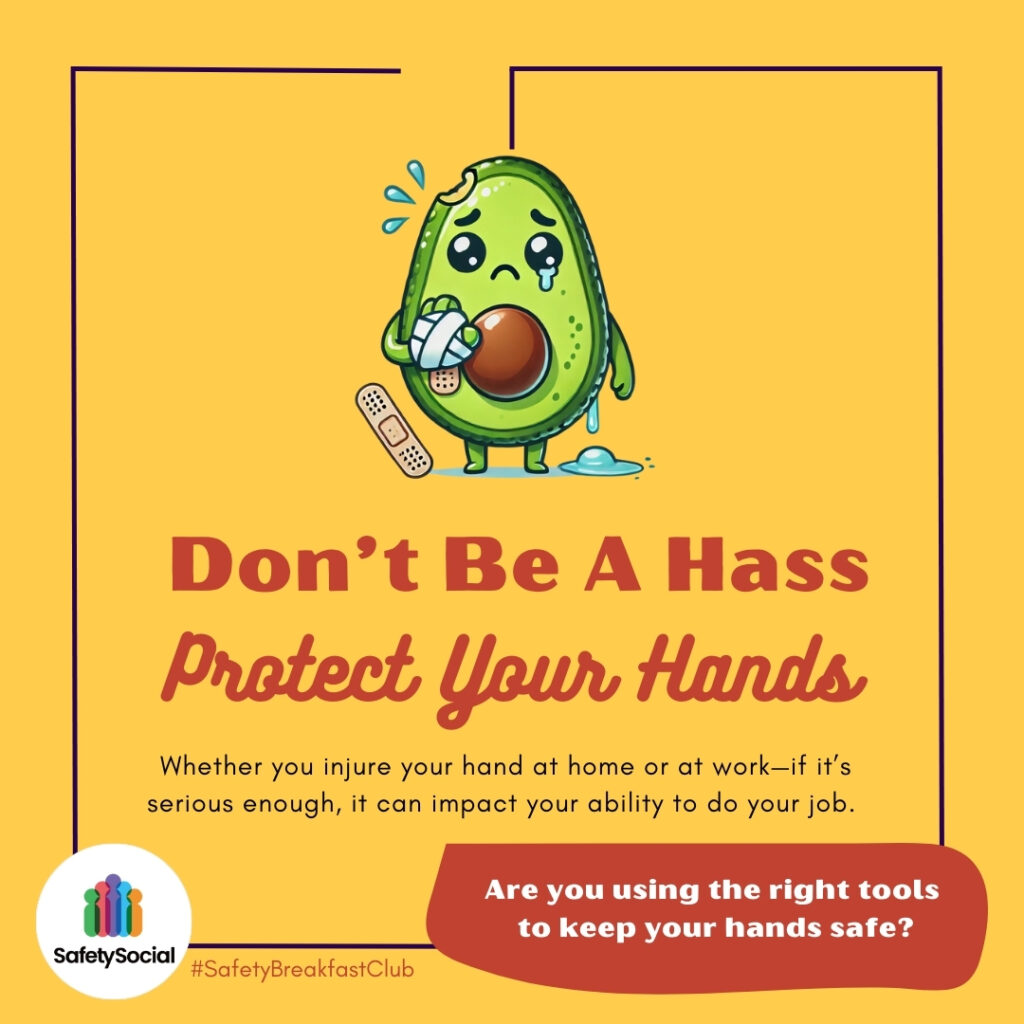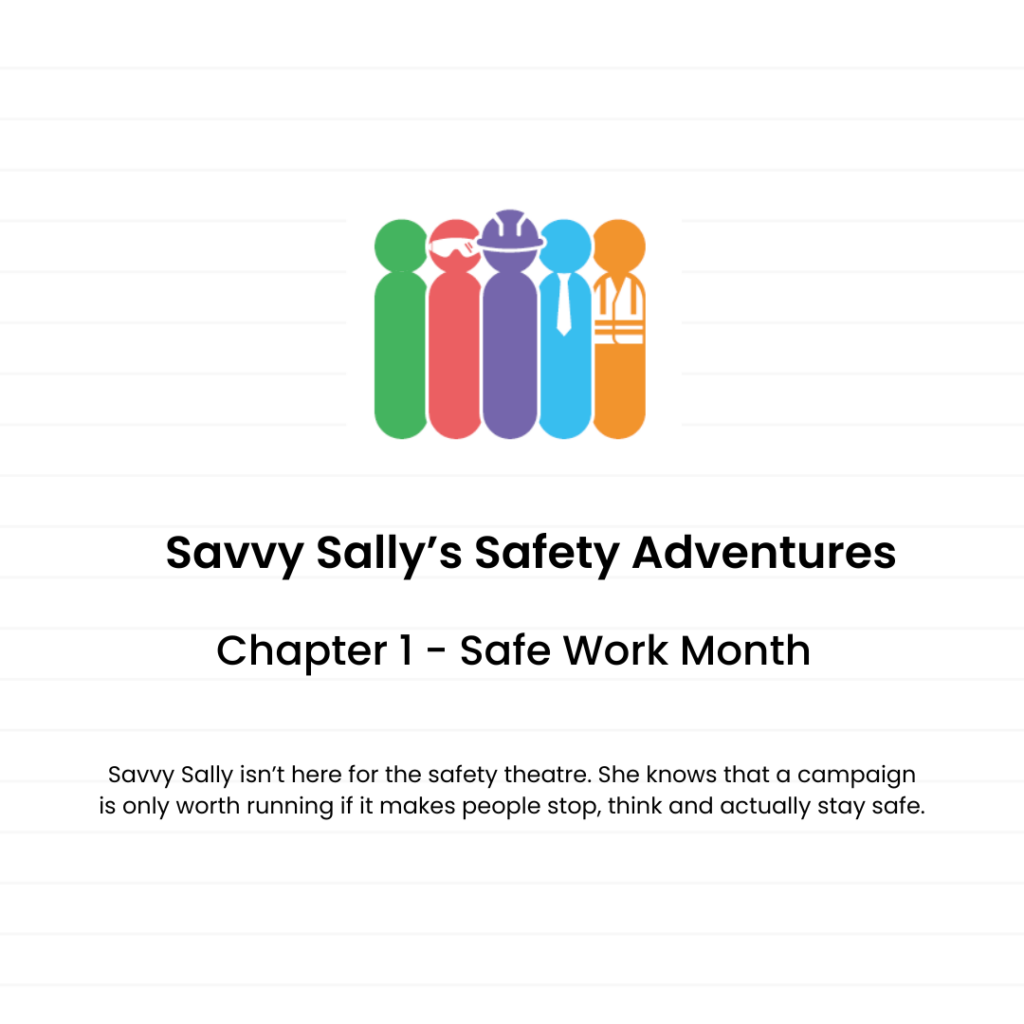Hey there 👋,
What’s your relationship like with your boss? Mine’s been a mixed bag.
Some I’m still friends with over ten years later…some I would happily never see again.
But I naively thought it wasn’t within my control to influence it; if I did good work, that should speak for itself.
I could not have got it more wrong!
Whether it’s positive, neutral, or negative, your relationship with your boss is one of the most pivotal professional relationships you can have—and it’s one you can significantly influence.
It can be helpful to remember they’re human too (even if it doesn’t seem like it sometimes!). They have the same kinds of things going on in their life that you do, and their priorities can often be things you’re not even aware of.
Knowing this, you can tap into insights about the brain to positively influence your relationship.
Here’s something you can try: if you have a one-on-one or regular meeting, pick your moment, and try asking them about their priorities for the week.
Keep practicing this until it feels natural, and if it doesn’t click the first time, don’t give up—persistence is key.
Ensure your approach remains natural and not forced by varying how you ask, e.g.:
- Week 1: “What are your key priorities for this week?”
- Week 2: “What’s the most important project you’re focused on right now?”
- Week 3: “What are you prioritising this week?”
Asking someone what’s important to them will help build trust, improve communication, and increase alignment, which should lead to a stronger relationship.
To Note: Sometimes, despite your best efforts, challenging people remain just that—challenging. It’s important to remember that you can only control your reactions and responses to their behaviour.
Libby & the SafetySocial team.
Cognitive Bias – Reciprocity
Investing in increasing your understanding of your boss’ priorities can significantly bolster trust and loyalty in your professional relationship.
Going a step further, by not only recognising but also offering assistance with these priorities, you begin to engage the cognitive bias of reciprocity.
This concept suggests that people feel compelled to return favours, which can deepen professional bonds and collaboration. Robert Cialdini provides detailed insights into harnessing cognitive biases to influence and persuade effectively in his video.
Best of the Books

Humble Inquiry – Edgar H. Shein
Want more on asking good questions? Humble Inquiry, from Edgar H. Shein is a great resource for improving your questions asking skills.
“Don’t we all know how to ask questions? Of course, we think we know how to ask, but we fail to notice how often even our questions are just another form of telling—rhetorical or just testing whether what we think is right. We are biased toward telling instead of asking because we live in a pragmatic, problem-solving culture in which knowing things and telling others what we know is valued.”
Find it here
Got a content idea? Want to write for SafetySocial or be featured?
Want more content like this straight to your inbox? Subscribe 👇👇👇



